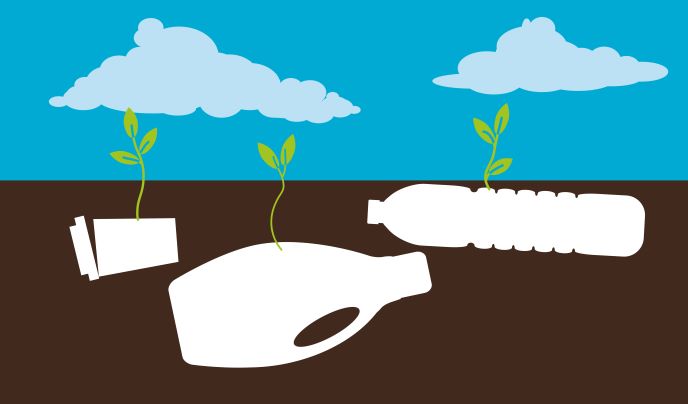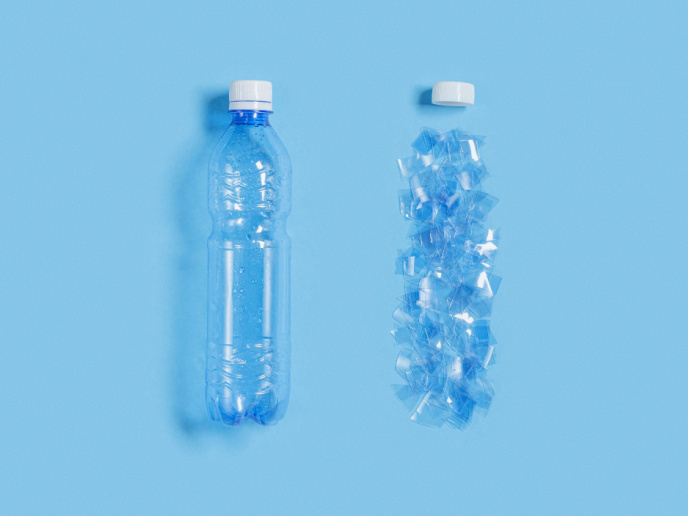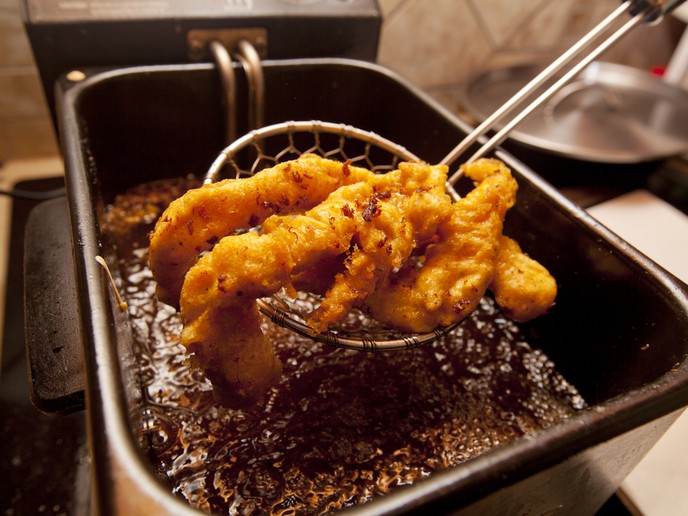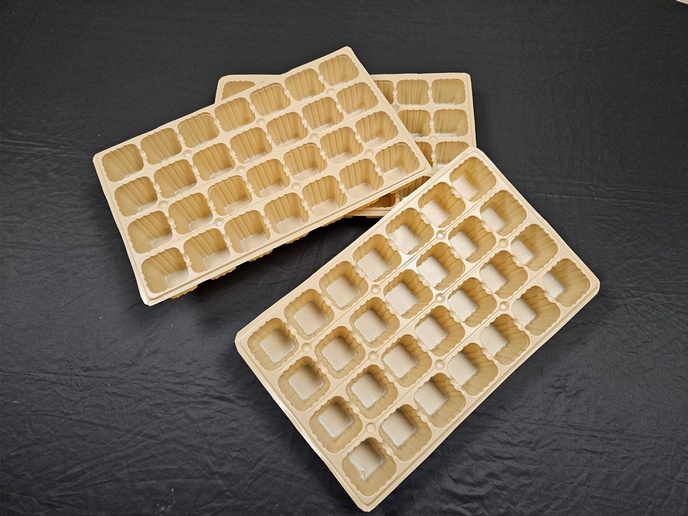Cable recycling techniques
Cables contain many materials, such as metals, PVC, polyethylene and rubber, however current cable recycling techniques mostly concentrate on metal recovery. Plastics make up 45% of cable weight, with PVC constituting 70% of that amount, and these plastics are usually discarded. In fact, 400000 tonnes of plastics from cable recovery are sent to landfills in Europe each year. The high-quality PVC is not recycled because the rubber in the plastic scrap and PVC have the same density range. As a result, these two plastics could not be separated in large quantities with the available techniques. When a PVC-rubber mixture was reprocessed, the rubber degraded and caused air bubbles and this resulted in low quality PVC. The "Tribo-electric cable plastics recycling" TRICARE project developed a recycling process that allows the reuse of PVC in cables. TRICARE recycled PVC by developing a dry method that separates PVC, rubber and PE from cable scrap using tribo-electric charging. This charging principle is the process in which materials get a positive or negative charge when in contact with other materials. After the particles are charged they are separated by an electrostatic field. TRICARE developed a process that makes the electrical charge gap between rubber and PVC particles in the shredded cables as large as possible. TRICARE's pre-treatment, charge, and process control allowed for this type of tribo-electric charging for recycling. TRICARE's unique dry separation tribo-electric charging recycling technique allows 90% PVC recovery and 85-89% PVC grade. This recycled PVC was reused to produce a new cable for the cable processing industry. Other PVC uses could be in shoe soles, garden hoses and power cables, which could decrease the waste in landfills. TRICARE's advantages are low energy consumption, less manpower compared to conventional recycling processes, and no additives are required. TRICARE's recycling process does not produce by-products such as liquids, gases or wastewater and could facilitate further material separation.







